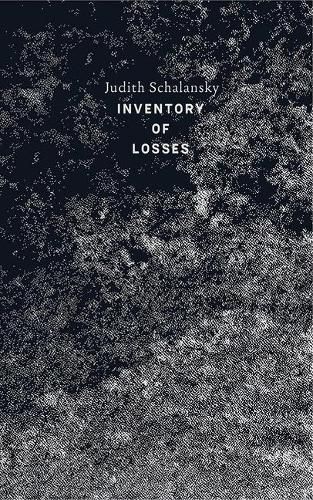Readings Newsletter
Become a Readings Member to make your shopping experience even easier.
Sign in or sign up for free!
You’re not far away from qualifying for FREE standard shipping within Australia
You’ve qualified for FREE standard shipping within Australia
The cart is loading…






Each disparate object described in this book-a Caspar David Friedrich painting, a species of tiger, a villa in Rome, a Greek love poem, an island in the Pacific-shares a common fate: it no longer exists, except as the dead end of a paper trail. Recalling the works of W. G. Sebald, Bruce Chatwin, or Rebecca Solnit, An Inventory of Losses is a beautiful evocation of twelve specific treasures that have been lost to the world forever, and, taken as a whole, opens mesmerizing new vistas of how we can think about extinction and loss.
With meticulous research and a vivid awareness of why we should care about these losses, Judith Schalansky, the acclaimed author of Atlas of Remote Islands, lets these objects speak for themselves: she ventriloquizes the tone of other sources, burrows into the language of contemporaneous accounts, and deeply interrogates the very notion of memory.
$9.00 standard shipping within Australia
FREE standard shipping within Australia for orders over $100.00
Express & International shipping calculated at checkout
Each disparate object described in this book-a Caspar David Friedrich painting, a species of tiger, a villa in Rome, a Greek love poem, an island in the Pacific-shares a common fate: it no longer exists, except as the dead end of a paper trail. Recalling the works of W. G. Sebald, Bruce Chatwin, or Rebecca Solnit, An Inventory of Losses is a beautiful evocation of twelve specific treasures that have been lost to the world forever, and, taken as a whole, opens mesmerizing new vistas of how we can think about extinction and loss.
With meticulous research and a vivid awareness of why we should care about these losses, Judith Schalansky, the acclaimed author of Atlas of Remote Islands, lets these objects speak for themselves: she ventriloquizes the tone of other sources, burrows into the language of contemporaneous accounts, and deeply interrogates the very notion of memory.